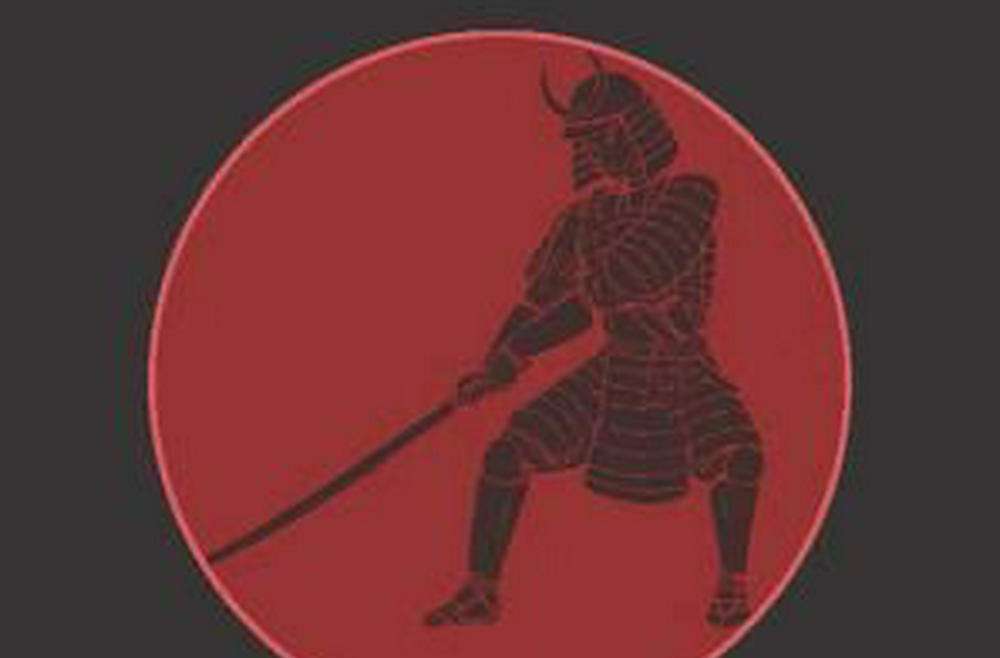We currently have 3 class days per week. One of my goals is to increase that to 4 during 2019. We’re not quite at the point where that would be justified, but we will get there.
Here is my “Top 10” list for regular karate class attendance, somewhat tongue-in-cheek. Not in any particular order.
- You will progress more quickly.
When I was coming up, it was generally thought that you needed to practice in class at least 3 times a week in order to make progress in your karate – as opposed to merely maintaining your current skill level. Nowadays people have busier schedules, and in fact the quality of the training is different. In any case, eventually I would like to offer at least one and preferably two more class days a week. - You will be ready when testing day comes around.
This also depends on training at home. We encourage everyone to practice for at least 10-15 minutes on days when you are not in class. - Your Sensei will feel happier.
Research has shown that happy teachers teach up to 40% more effectively. I just made that statistic up, but it might be true. - You can motivate other students with your example and encourage them to come to class more often.
You can have bragging rights and, within the parameters of our etiquette with regard to senpai (students senior to you), you can encourage others to join you for class more often. - Larger classes work better.
There is no question that most of the elements of our practice work better with larger class sizes. - Visitors will be more impressed when they visit.
This is kind of self-explanatory. - Photos on the website will look more exciting.
Self-explanatory. - You will get out of the house more.
C’mon, you know you need to do this. - You spend an awful lot of time looking at your phone. This is not allowed during karate class.
Sorry, it’s true. - Gichin Funakoshi said so.
“Be faithful” is one of the five statements of our dojo kun, penned by the Master himself. I found an explanation by the Victoria Shotokan Karate and Kobudo Association, which I cannot state any better, so I will repeat it here:
“Loyalty: to be faithful is a strong samurai tradition and an extension of the Confucius influence on the family and martial arts. The faith to be shown is in your sensei and dojo. The student must always be faithful to his sensei and follow in much the same way as a medieval samurai was bound to follow his feudal lord to the death without hesitation. While this may seem unusual in the present day, it is unreasonable to expect a sensei to teach all he knows to a student who is likely to leave for the slightest reason. The student must prove his loyalty over the years. The faith and loyalty extended to the sensei will be rewarded, in that a greater amount of knowledge and wisdom will be passed on to the student.” and this bond between sensei and student is extremely valuable and is the basis of the learning relationship.”
As for this last one, we obviously aren’t a society based on the Confucian ethic or Japanese bushido tradition — and I don’t plan to ask my students to follow me to the death any time in the near future. However, in our study of Japanese karate, we find that learning about and taking on some of those characteristics helps us with our training. I hope to write about this aspect in the future. An excellent book for learning about the Japanese samurai ethic, rare because it was written in English by a Japanese (who also happened to be a Quaker) is Inazo Nitobe’s 1900 classic Bushido: The Soul of Japan.
Catch you on the next post.


